Ben Franklin: An Extraordinary Man from Humble Beginnings
Benjamin Franklin was one of the most gifted and intriguing men in American history. His incredible rise from humble beginnings to one of the most famous men in the world is an inspirational story. It all began in Boston on January 17, 1706, when Franklin was born to Josiah and Abiah Franklin.
Josiah was an Englishman who had emigrated to America for religious reasons in 1683 with his first wife, Anne, and three children in tow. To find work, he became a soap and candle maker in Boston. Anne died soon after giving birth to her seventh child. Six months later, Josiah married Abiah with whom he who fathered ten more children.
Benjamin was child number fifteen and the youngest son. In an age that favored the eldest male, Franklin noted he was “the youngest son of the youngest son for five generations back.” He was not exactly born with a silver spoon.
The formal schooling received by Franklin started at age eight and ended at age ten, primarily due to the cost of a private education. His father took Benjamin into his soap and candle trade for about two years, but Ben did not like this work.
Worried that his youngest boy might run away to sea, Josiah apprenticed Ben to an older son, Ben’s brother James, as a printer at age 12. It would prove to be a wise move in the long run and the start of a hugely successful and prosperous career, but there were a few bumps in the road early on.
When Franklin was 16, he wanted to write articles for his brother’s newspaper, The New-England Courant. Concerned that James would turn down this request, Ben invented a character name “Silence Dogood,” a middle-aged pious woman from Boston. Under her name, Ben wrote a letter to the paper, and secretly slipped it under the door of his brother’s shop. When James and the other editors read the work, they immediately saw its literary value and published it on April 2, 1722.
Over the course of the next six months, Franklin wrote fifteen letters from Silence Dogood to the Courant on wide-ranging topics from romance to religion to education. These articles were the talk of the town, but no one knew who the real author was. When James discovered it was his little brother, he was not happy with his young apprentice, and the publications stopped.
Later in 1722, James was imprisoned for three weeks for printing articles critical of the government. James had Benjamin take over the editorship of the Courant during his absence and the new editor enjoyed being in charge. During his brief stint at the top, Ben wrote in his own style and on subjects that mattered to him.
Benjamin Wilson. “Deborah Read Franklin.” Wikimedia.
Shortly after James’s return, Benjamin began chaffing under his brother’s reasserted control and looked to find employment with a different Boston printer. However, James would not allow his talented younger brother to help a rival paper. Seeing no other viable options and his father supporting James’ position, in September 1723, at the age of seventeen, Benjamin ran away from home and eventually landed in Philadelphia.
Soon after arriving, Franklin took a room with John Read, a local carpenter, and his family. While boarding there, Ben became smitten with Deborah Read, John’s fifteen-year-old daughter. Knowing he was soon bound for London on a mission to help his burgeoning career as a printer, Ben made promises of marriage to Deborah, but her parents opposed the match.
After Franklin left for England, Deborah was married off by her parents to a man named John Rogers. As it turned out, they made a poor choice. Rodgers soon ran into debt issues and left Philadelphia, never to be heard from again. Because the fate of Rodgers was uncertain, Deborah was not free to marry. Franklin, however, would not be put off by a technicality and established a “common-law” marriage with Deborah in 1730.
This new household also included Franklin’s recently born illegitimate son, William, whose mother has never been identified. All this and Franklin was only 24-years-old! Benjamin and Deborah never did officially marry, and they had two children together, but only one, Sarah, survived to adulthood.
Deborah died in 1774, ending their common law marriage of 44 years. They were apart for much of the last twenty years as Ben went on extended visits to Europe and Deborah did not accompany him due to her fear of the sea. Franklin seemed to enjoy this loose arrangement as it allowed him to focus on his work, and he never quite lost his eye for the ladies.
Next week, we will talk about Ben Franklin’s incredible career as a printer in colonial America. Until then, may your motto be “Ducit Amor Patriae”, Love of country leads me.

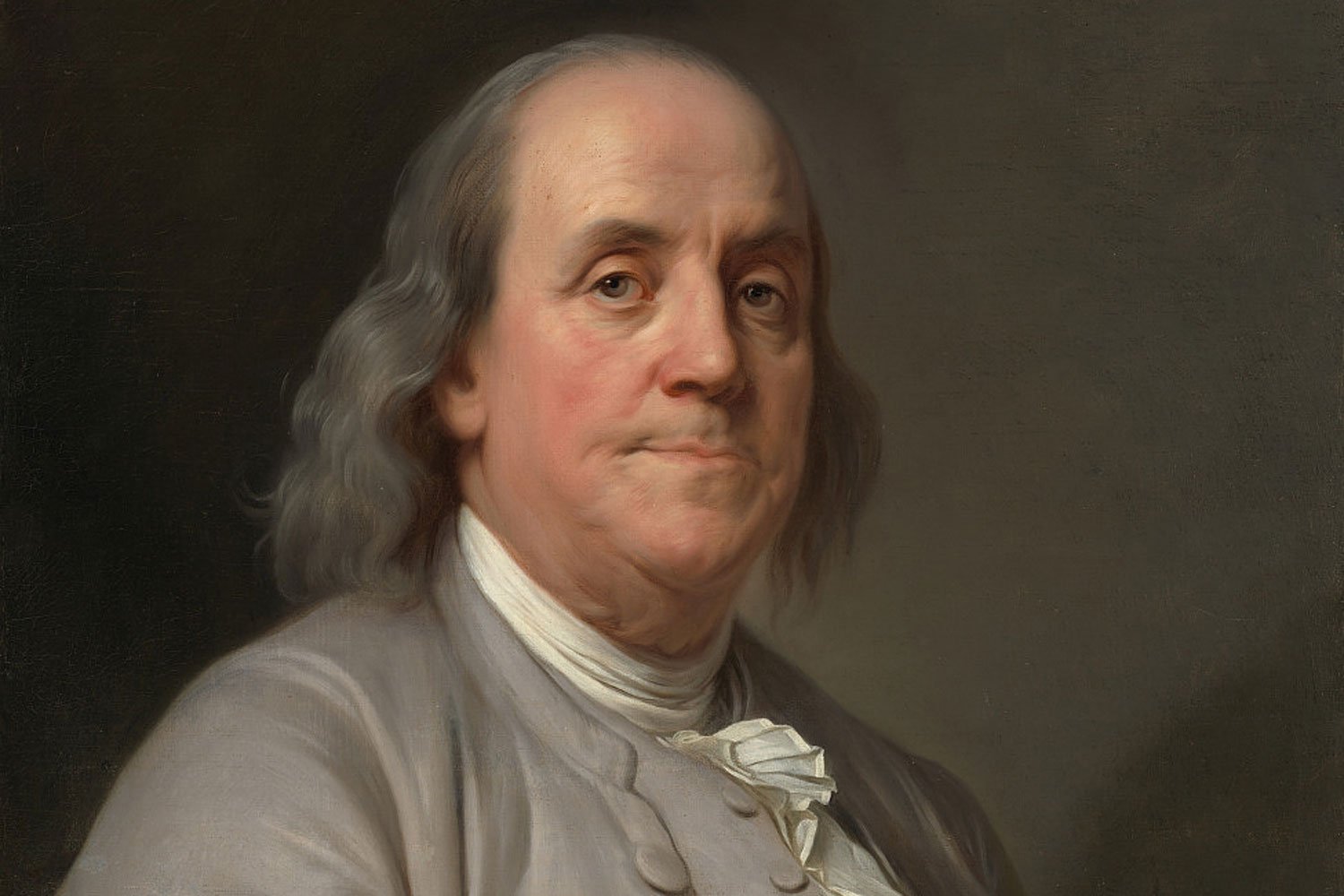
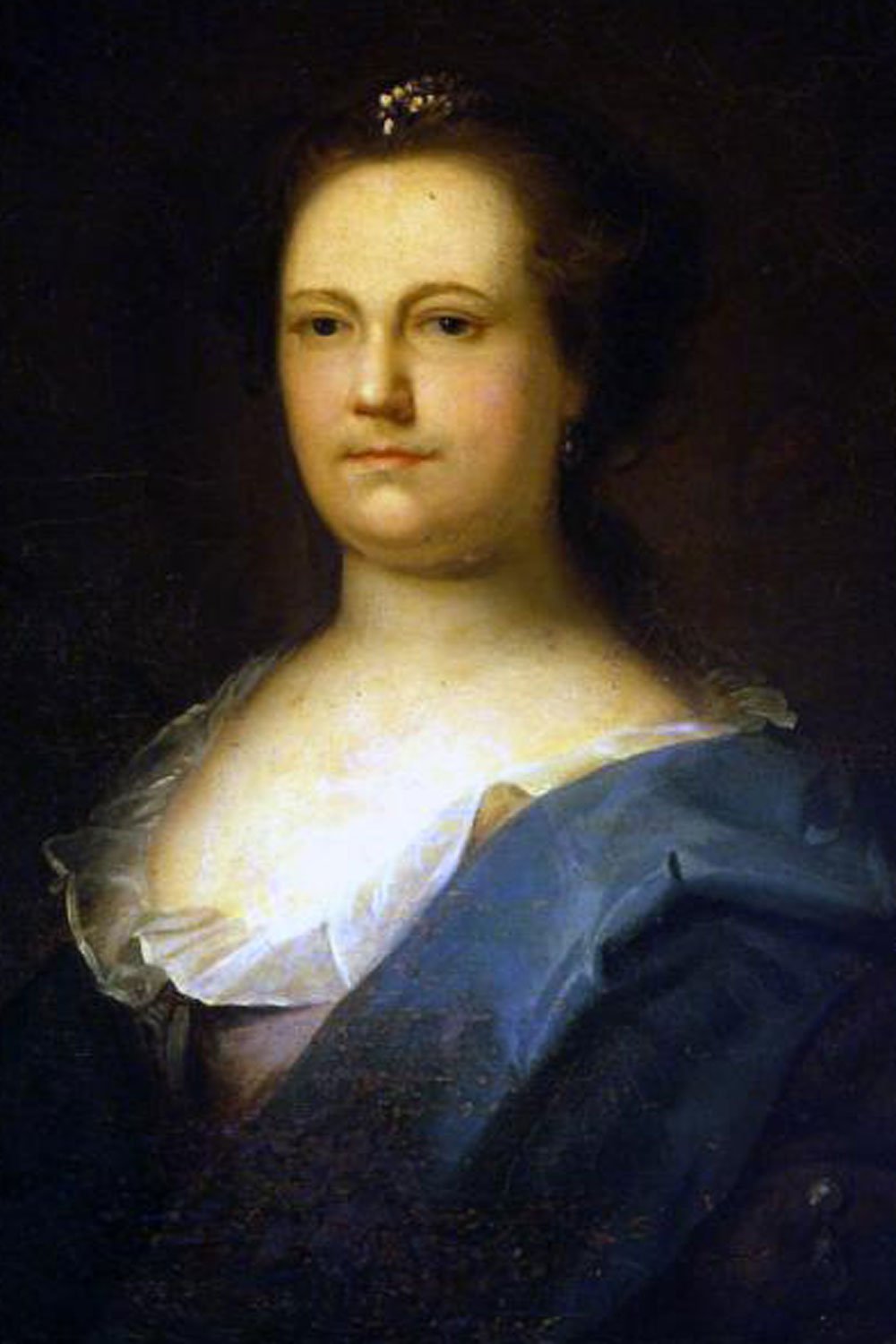
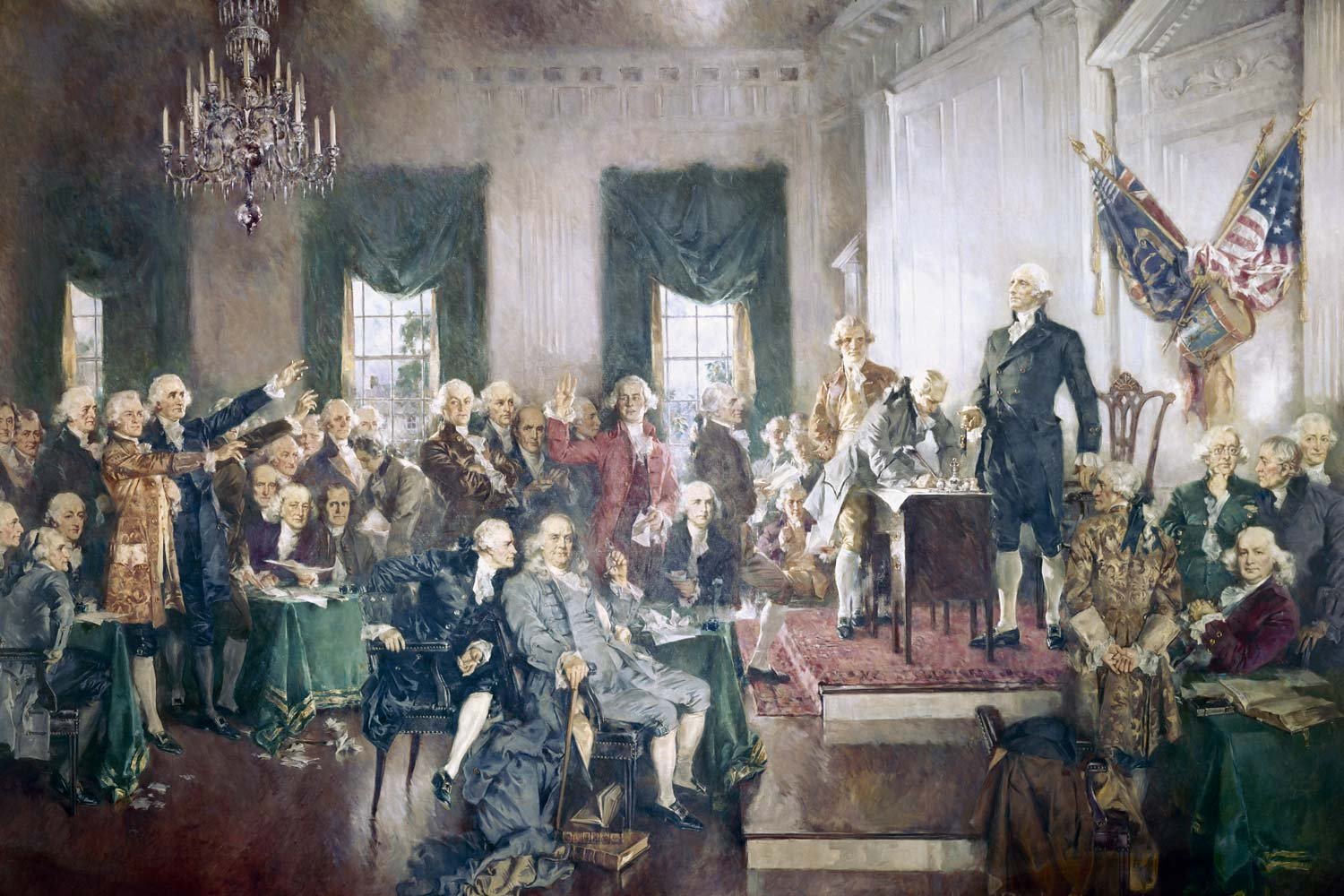
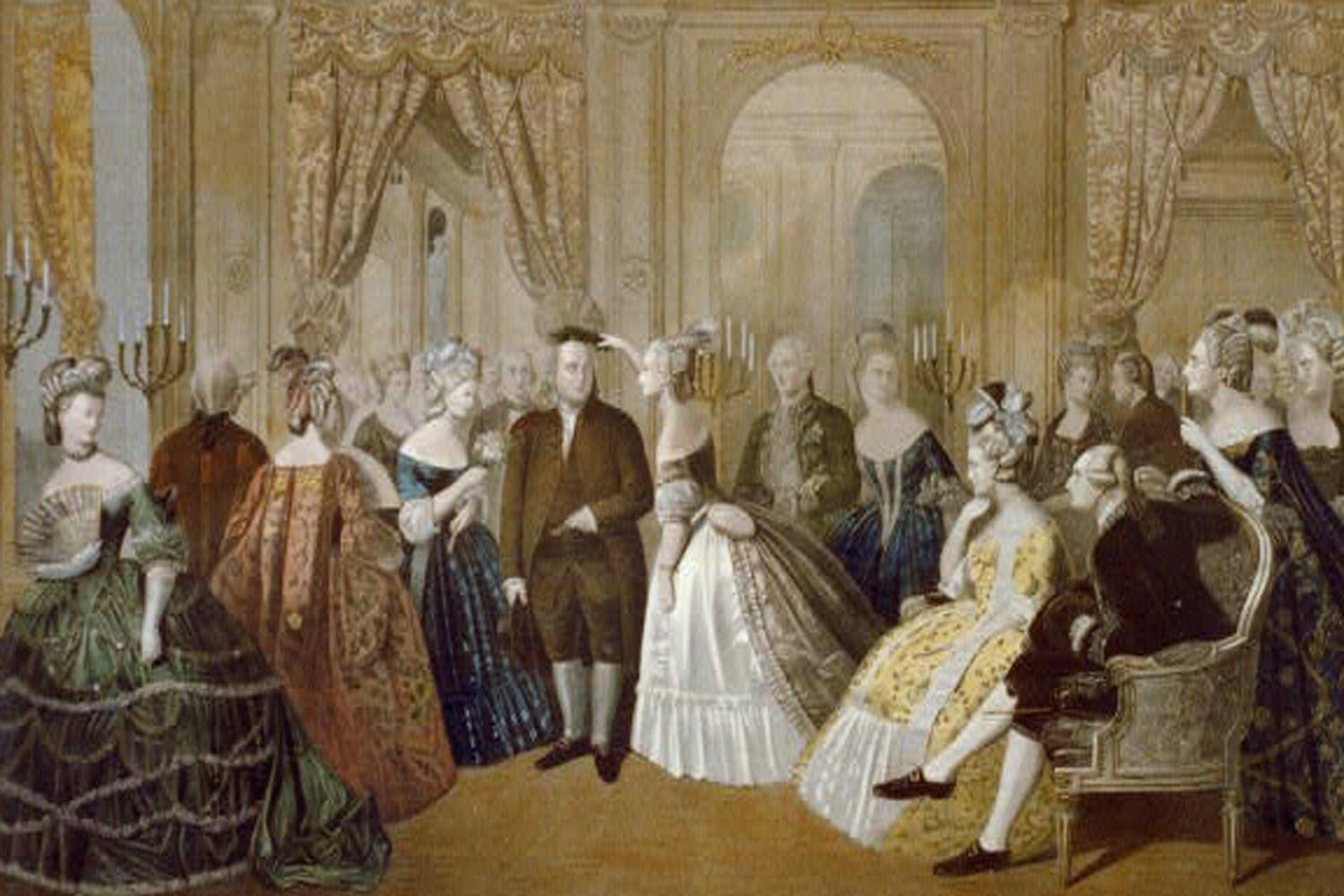
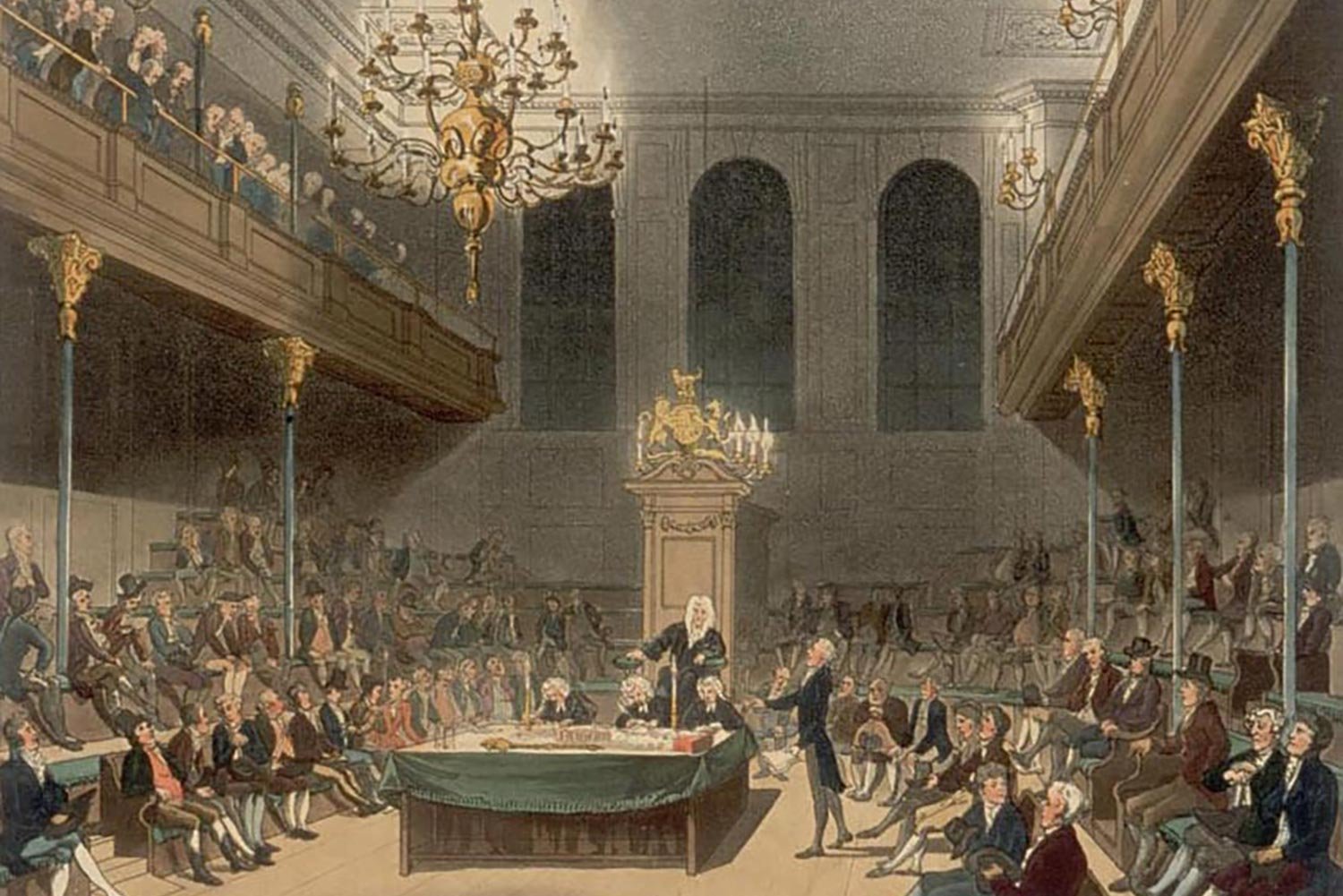
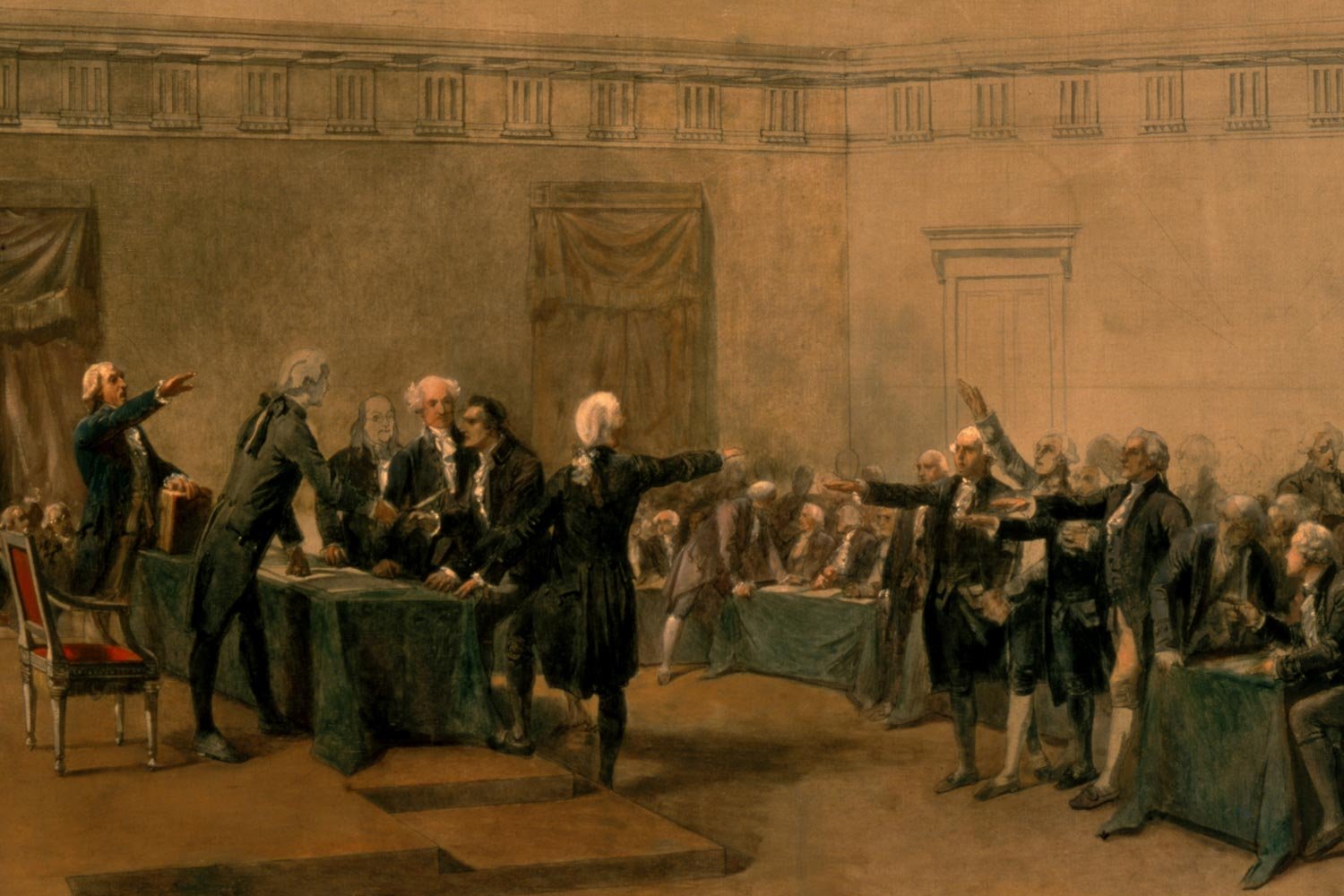
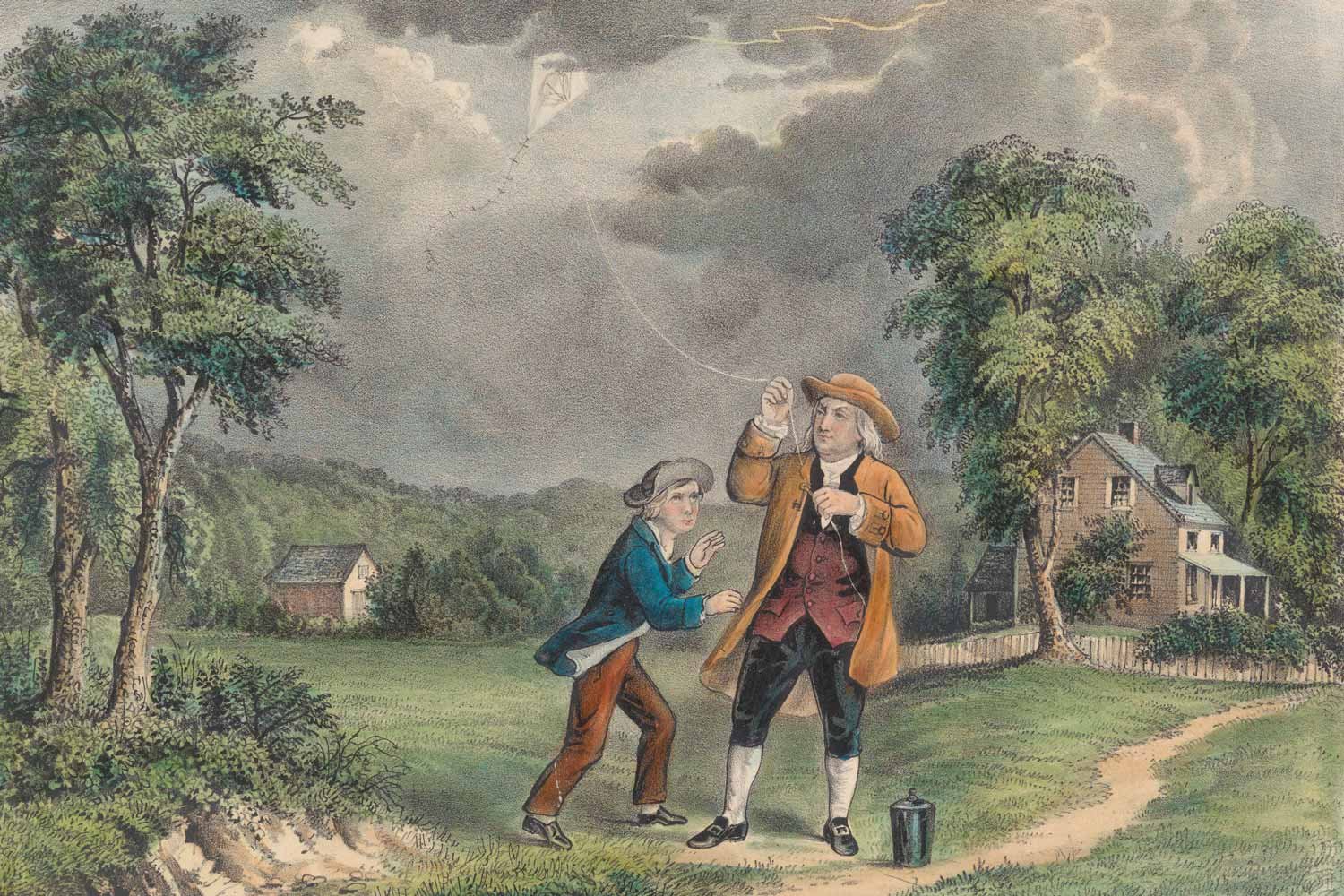
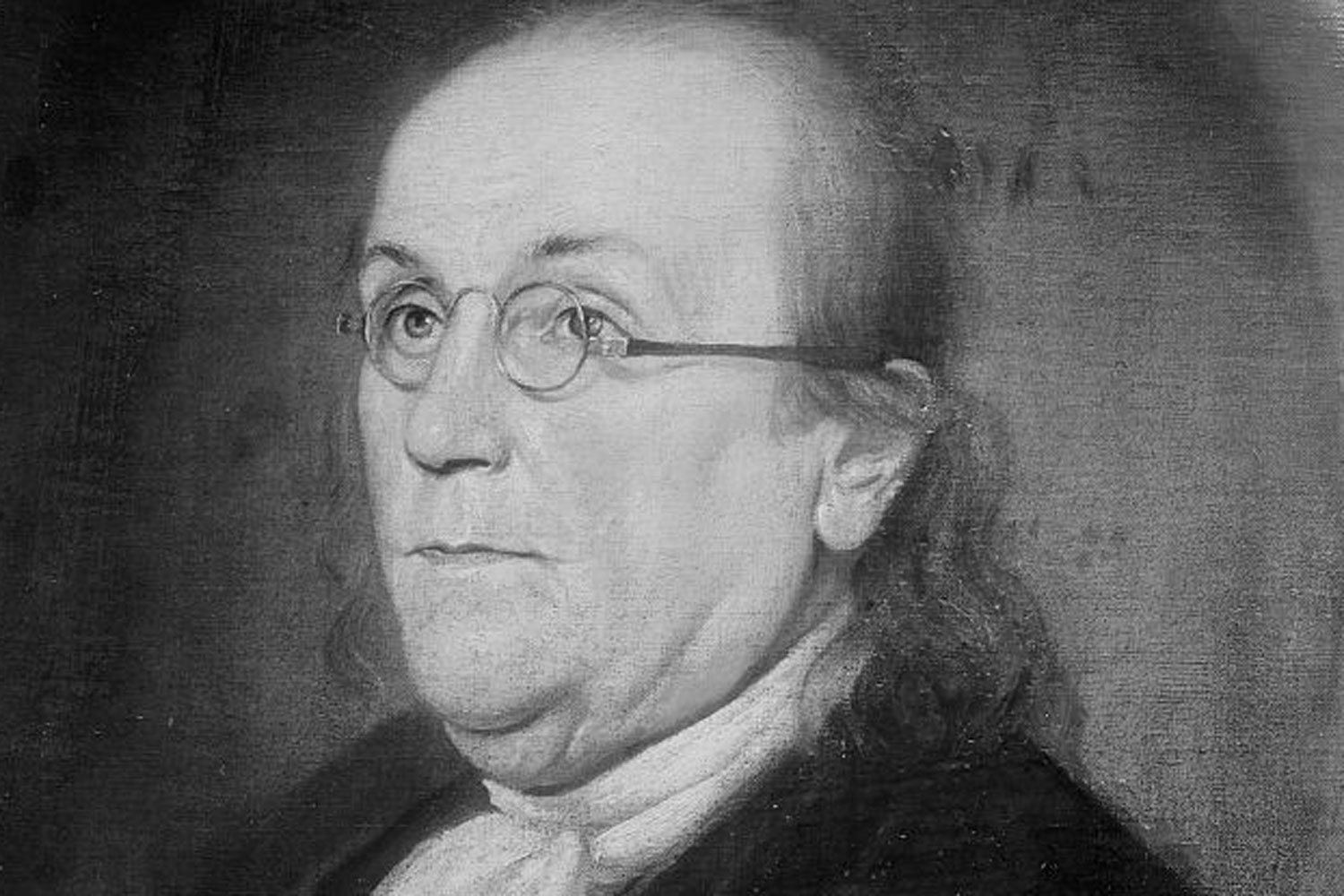

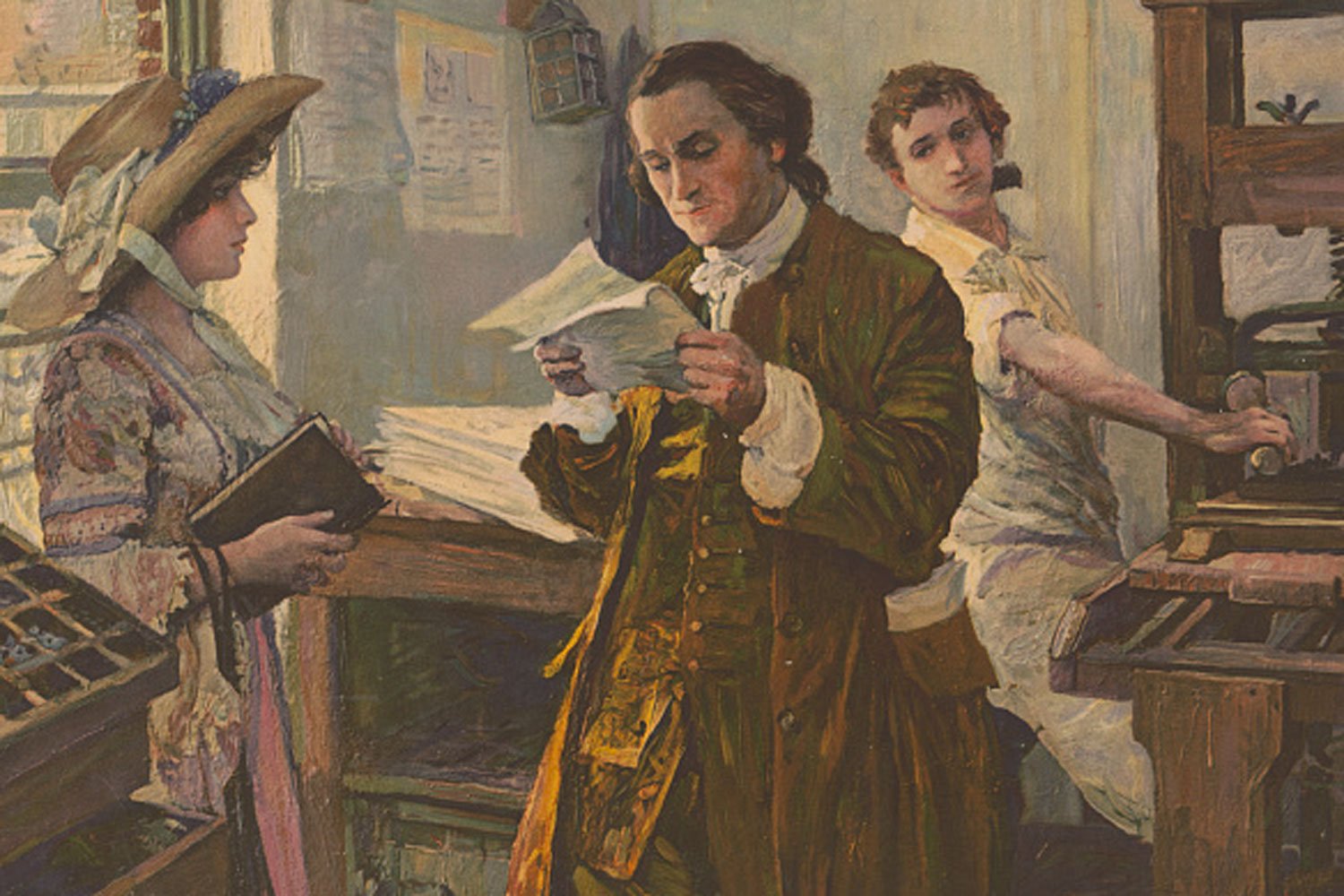
The Constitutional Convention adjourned on September 17, 1787, and would be Benjamin Franklin’s last moment in the spotlight of American history. It was a fitting finale for this man who had done so much to shape the nation in which he lived. Franklin was 81 years old, in poor health, and hoped for a well-deserved rest.